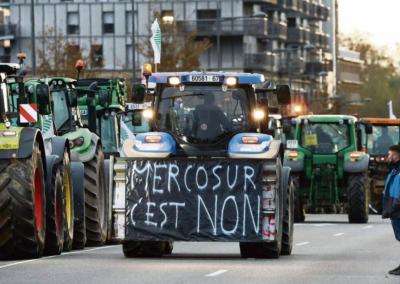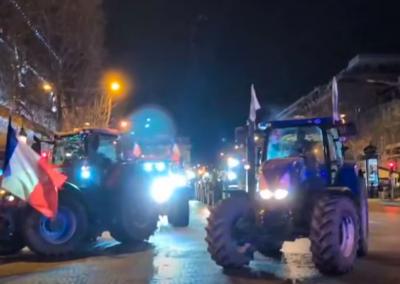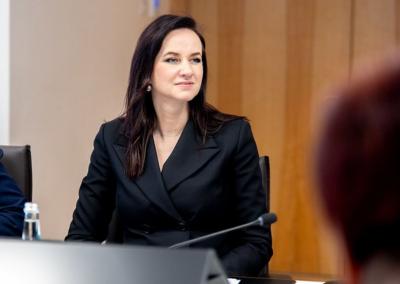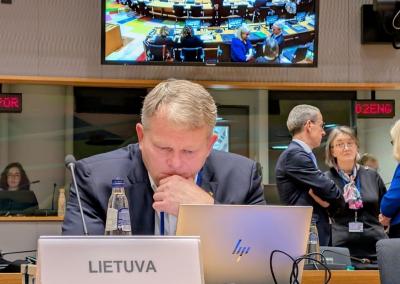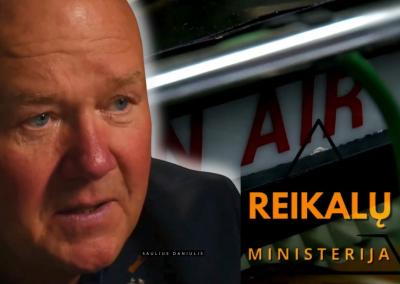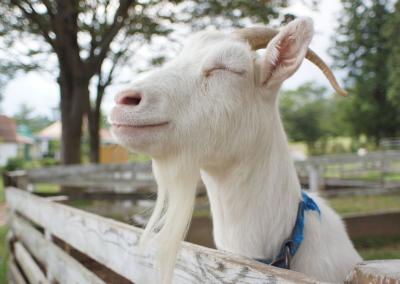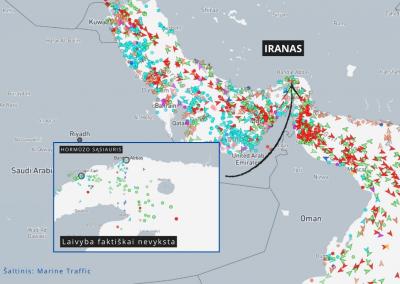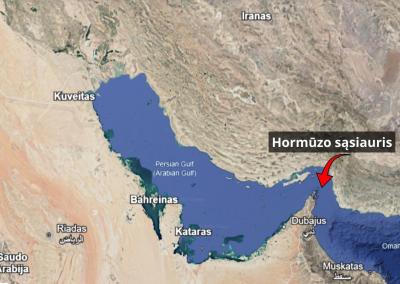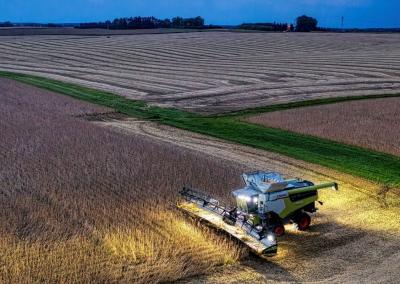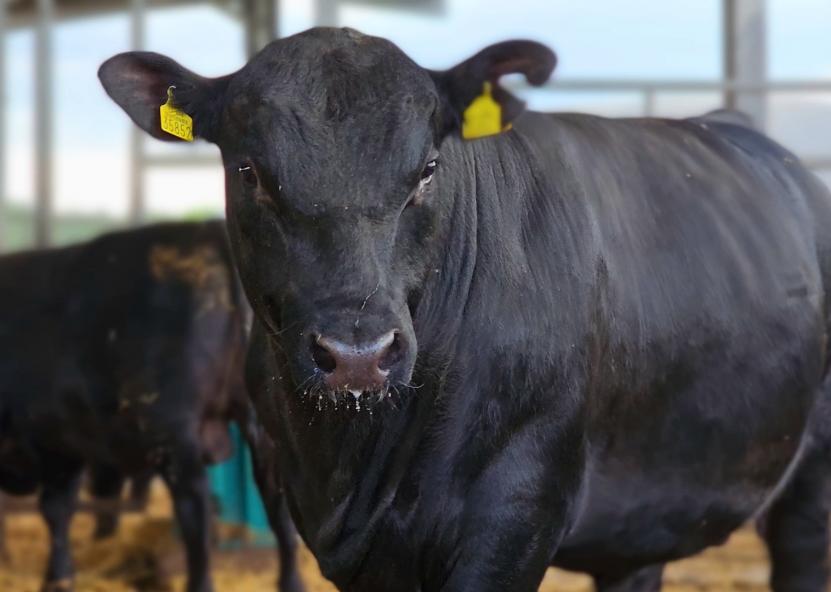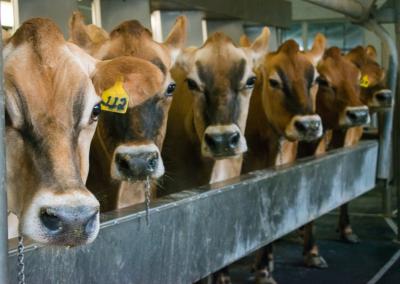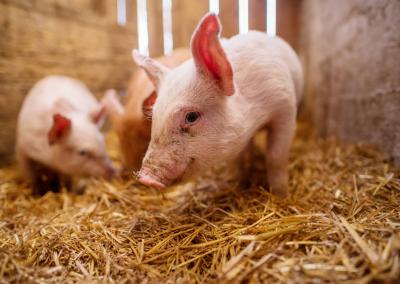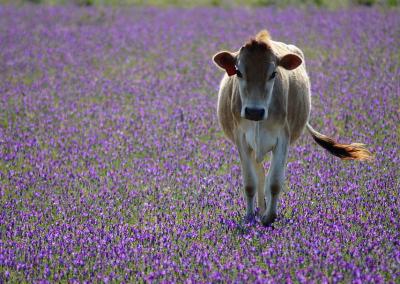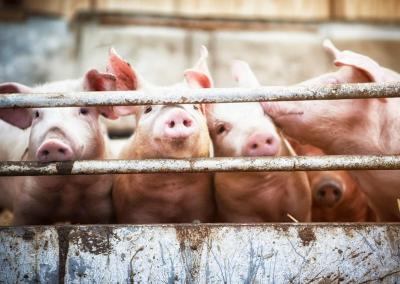Mercosur beef imports threaten Europe's food sovereignty and farm survival
The Sustainable European Livestock and Meat Association (SELMA) has produced a detailed analysis of the growing imports of lamb from Mercosur countries (Brazil, Argentina, Uruguay and Paraguay) and their potential impact on the European Union's market and agriculture.
Increasing imports – pressure on the market
The EU currently imports around 194,000 tonnes of beef carcasses, of which 100,000–120,000 tonnes are loins – this represents as much as a quarter of the total EU market. With the signing of the EU–Mercosur agreement, imports could rise to 293,000 tonnes, of which 200,000–220,000 tonnes will be tenderloin cuts.
The new quota of 99 000 tonnes will be spread over five years at a reduced rate of 7.5%. The quota will be split 50% between Brazil, 30% between Argentina, 20% between Uruguay and Paraguay. The „Hilton“ quota of 61 000 tonnes of high quality beef is also continued.European production – uneven playing field
The EU produces around 400 000 tonnes of beef tenderloin per year. But European producers are losing the competitive battle: in Mercosur, beef is 18–32% cheaper, according to data from the Institut de l’Élevage . EU producers have limited exports of high-value cuts (cuts, loins), while imports from third countries are increasing.
Different standards pose risks
Since 2006, the EU has banned the use of antibiotics for growth promotion, and a ban on importing meat from such animals came into force from 2024. However, the only means of control – declarations of honour by veterinarians in exporting countries – is considered insufficient.
EU farmers face higher costs as a result of these requirements: +2.30 €/kg in France. Meanwhile, Brazil allows the use of 27% of pesticides banned in the EU. Brazil has further relaxed its pesticide rules by removing environmental and health criteria – this threatens consumer safety and encourages antimicrobial resistance.
Resistance – only partially
According to EU Regulation No 1760/2000, cattle must be fully traceable from birth to slaughter. However, in Brazil, this system only applies to exports to the EU, and only to the last stage of rearing – therefore, it is not known how the animals have been reared.
Food sovereignty and the future of the countryside at stake
Despite stable demand for beef, livestock numbers in the EU are declining, which means increasing dependence on imports. Unequal competitive conditions threaten the survival of farms, especially in rural areas where livestock farming is economically and culturally important. In the long term, this could reduce the EU's ability to achieve food security.
SELMA recommendations: how to protect European farmers and consumers
1. Demand the same rules for all imports
All imported products must meet the same EU standards as domestic products.
Compliance must be checked in third countries before export.
2. Temporary solution – include conditions in trade agreements
Pending the adoption of unified regulation, it is necessary to include the principle of reciprocity in bilateral agreements, in particular on health and the environment.
3. Specific legislative recommendations:
Revise Delegated Act 2023/905 to ensure an effective import ban on meat from animals treated with antibiotics banned by the EU.
Amend Regulation 1831/2003 on feed additives in order to reduce environmental impacts.
SELMA stresses that if the European Union wants to preserve its livestock sector, it is essential to guarantee a level playing field for all market players. Otherwise, the EU risks losing its food sovereignty, consumer confidence and rural viability.















